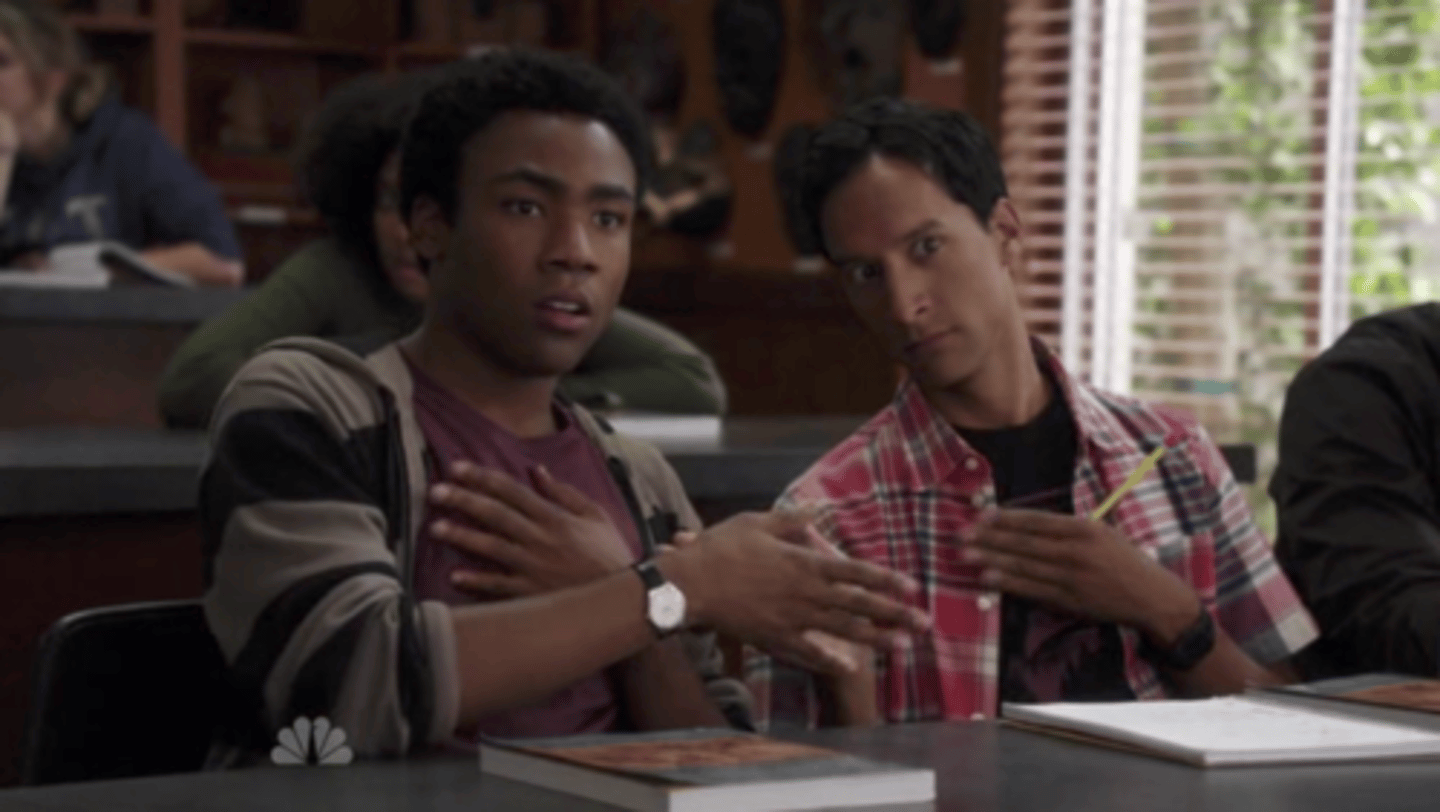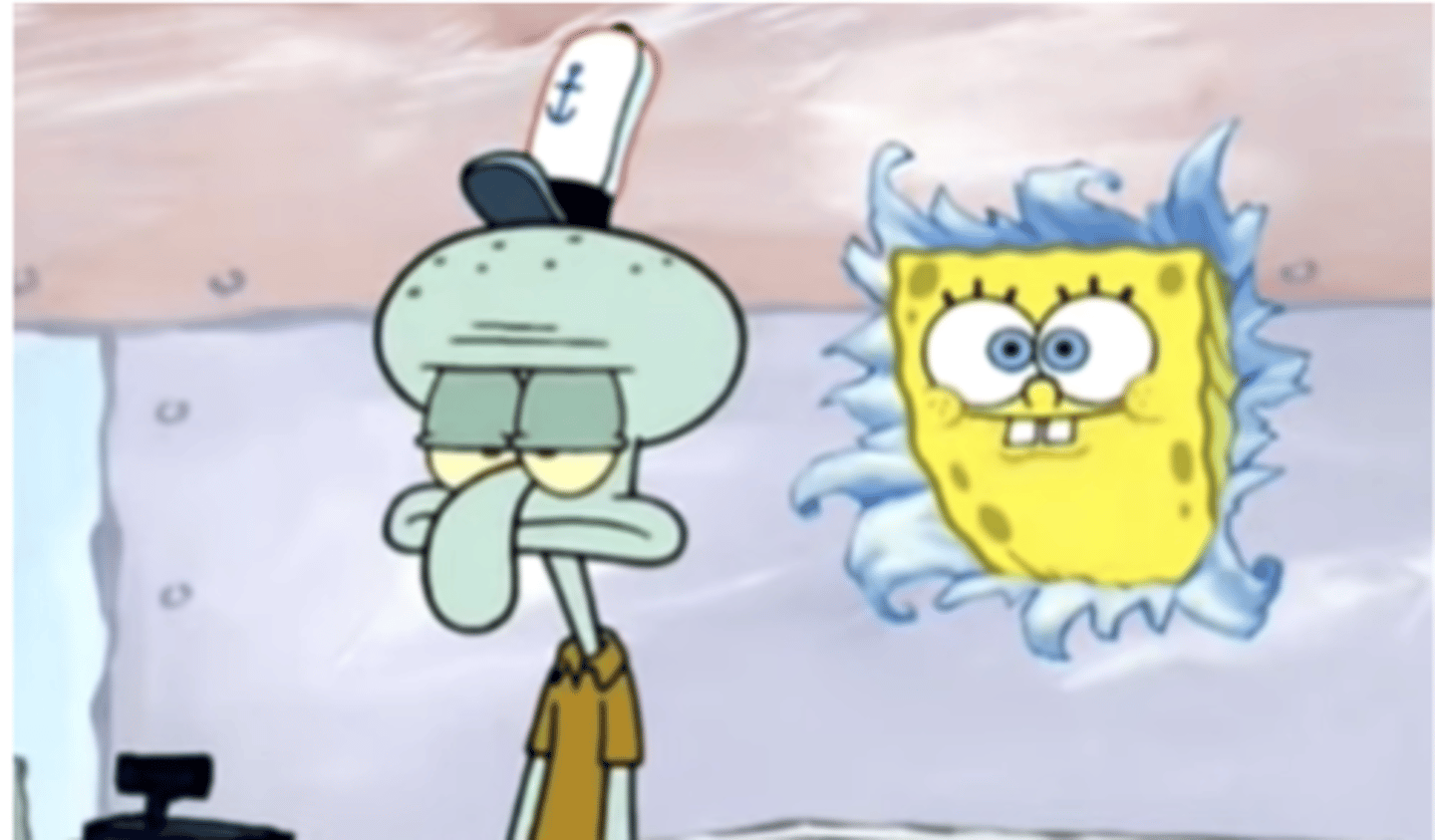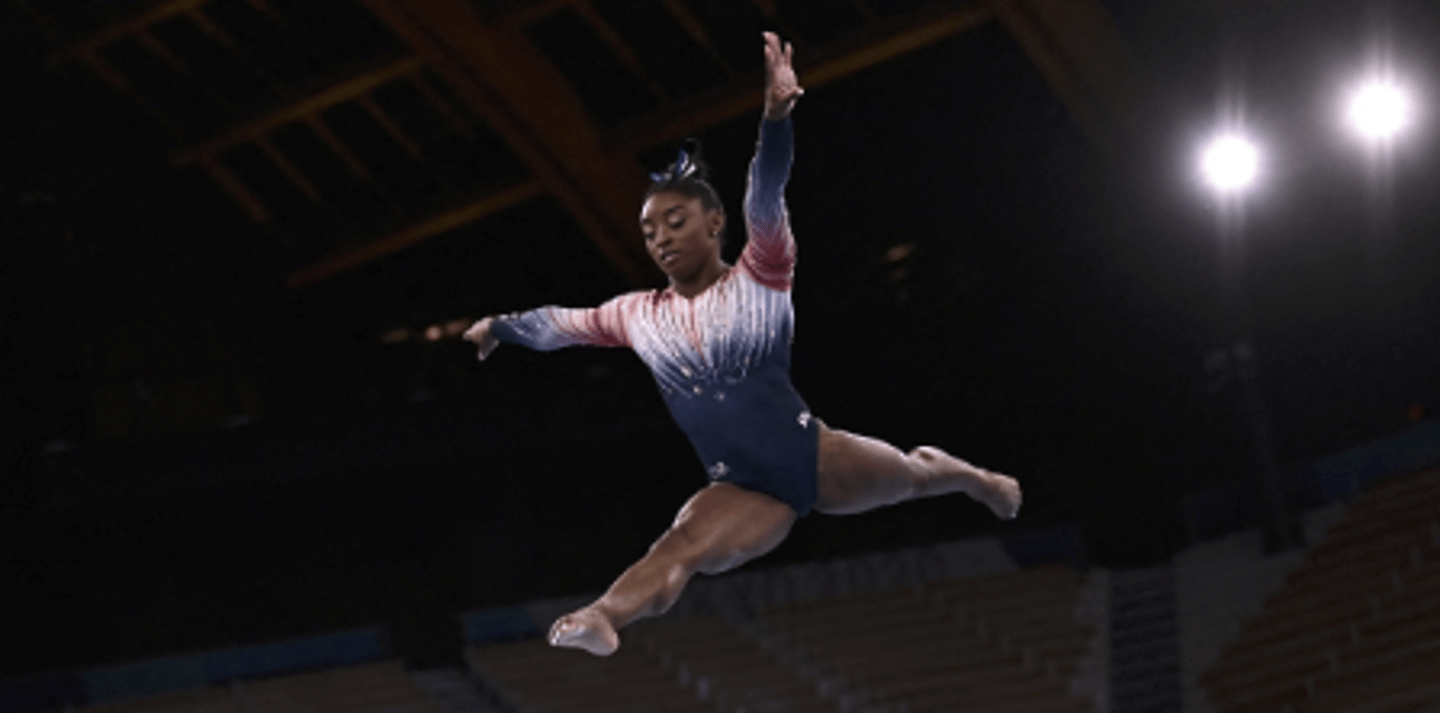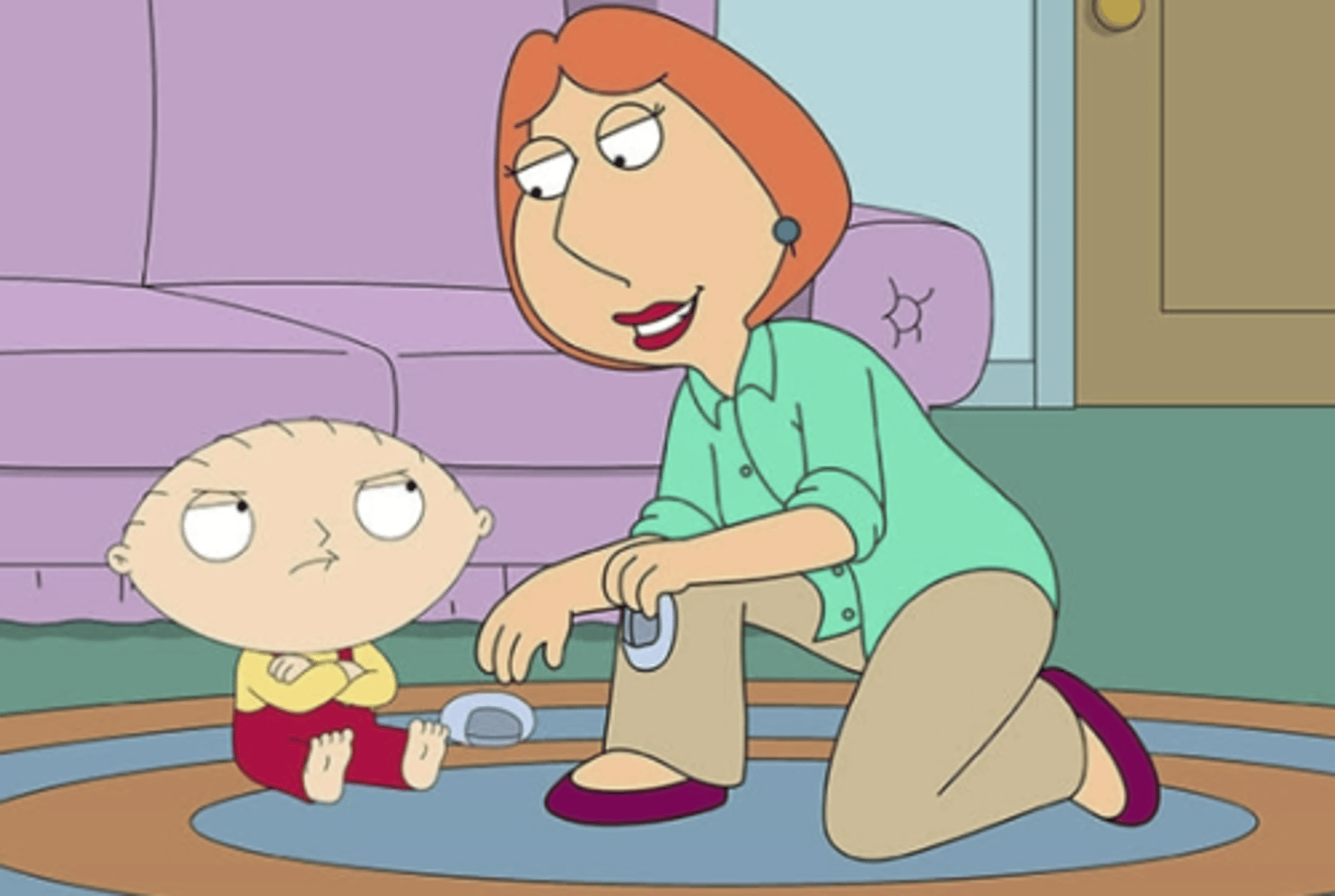mental health chp 23 - children and adolescents (week 11)
1/24
There's no tags or description
Looks like no tags are added yet.
Name | Mastery | Learn | Test | Matching | Spaced |
|---|
No study sessions yet.
25 Terms
For these types of disorders what is important to model?
model good behavior !
What is intellectual developmental disorder (IDD)?
Deficit in intellectual functioning (IQ) and social functioning
What is the main intervention for intellectual developmental disorder (DID)?
Help them become productive members of society: how to manage transportation and get a job suitable for their developmental state (nothing too high stakes)
job ex: grocery bagger, walk dogs, stocking,
navigate public transportation: teaching them how to get from point A to point B on the bus
What is autism spectrum disorder?
- Developmental delay
- Impaired social interactions: not making eye contact (model good behavior by making eye contact w them and keeping it), lack of social cues (not good w sarcasm), and physical/social boundaries (parasocial relationship)
- Increased sensitivity to stimuli (music/noise) and sensations (clothing and spoons) -> stimming to calm themselves down (coping mechanisms) -> be cautious bc they can hurt themselves (safety) -> redirect them
- Hyperfixations

What are nursing diagnoses for autism spectrum disorder?
- Impaired social interaction
- Activity intolerance
- Impaired verbal communication
- Risk for injury (overstimulation leading to stimming)
- Ineffective coping
- Anxiety

What are interventions for autism spectrum disorder?
- Use short, concise, developmentally appropriate communication
- Routine changes: immediately tell the patient as soon as you can if something is delayed
- Limit self-stimulating and ritualistic behaviors: decrease stimuli and provide alternative play activities
- Maintain eye contact

What are the characteristics of attention deficit hyperactivity disorder (ADHD)?
- Characterized by inattentive, hyperactive, impulsive
- Impaired social and academic functioning
- Difficulty in performing appropriate tasks
- Disruptive and distractible
- Limited attention span

What are nursing diagnoses for attention deficit hyperactivity disorder (ADHD)?
- Risk for injury (hyperactive)
- Impaired social interactions (people can be annoyed)
- Low self esteem (think they can't keep friends)
- Non-compliance (difficulty following directions)

What are interventions for attention deficit hyperactivity disorder (ADHD)?
- Encourage appropriate/cooperative behavior (modeling) -> talk to them calmly
- Decrease stimuli: keep noise level down and dim the lights
- Keep them active: sports (running, swimming, and table tennis)
- Social skills training
What is the psychopharmacology for attention deficit hyperactivity disorder (ADHD)?
- CNS stimulants
- Non-stimulants

What are CNS stimulants for attention deficit hyperactivity disorder (ADHD)?
- Amphetamines: dextrostat, adderall, vyvanse
- Methylphenidate: ritalin, concerta, focalin, daytrana patch
- Habit forming and can be addictive
i take adhd stims bc I amfit & I add vibes to top decks @ the focal rita & daytrana concert where I also took meth
What are non-stimulants for attention deficit hyperactivity disorder (ADHD) and why would a pt be given non-stims?
- Atomoxetine (Strattera)
- Bupropion (Wellbutrin)
- Clonidine (Catapres)
- non-habit forming
bc i have adhd, well cats are not a stimulating strategy
pt would be given a non stim if they have a hx of addiction
What are side effects of attention deficit hyperactivity disorder (ADHD) psychopharmacology?
- Insomnia
- Dysrhythmias
- Anorexia, weight loss
- Growth suppression
- Dependence
give during the day time to prevent insomnia, and focus on activities during the day - take after breakfast because it is an appetite suppressor

What are nursing considerations of attention deficit hyperactivity disorder (ADHD) psychopharmacology?
- Actions and side effects differ for everyone (time and lifestyle of a patient take into account the time med is taken)
- Benefits must outweigh the risk
how do you know which to give long acting vs short acting?
assessment of their day to day activities; school (long acting) if they do an extracurricular you’d need another short aching on top of long
What are tics?
Sudden, involuntary, and repetitive movement or vocalization

What are types of tics?
- Vocal: grunting, barking, sniffling, popping noises
- Motor: gesture (blinking)
- Echolalia
What are tics considerations?
- Child is NOT faking it (validate)
- Can change in frequency and severity
What is Tourette's?
Multiple motor tics and at least one vocal tic for more than a year
What are nursing diagnoses for Tourette's?
- Low self esteem (from frustration)
- Impaired social interaction (can't talk to people without a tic)
- Risk for self-directed or other-directed violence (from motor tics)
What are therapies for Tourette's?
- CBT
- DBT
- Speech therapy
What is the psychopharmacology for Tourette's?
- Risperidone (Risperdal) or Aripiprazole (Ability): address irritability and self injury
- SSRI: improved mood and reduced anxiety
- Muscle relaxants (Myobloc): facial spasms
What is oppositional defiant disorder (ODD)?
- Defiant kids (brats)
- Angry and irritable
- Hateful and wants to get even
- Fights authorities
grow out of after puberty

What is conduct disorder, and what can it develop into?
- Aggressive behavior
- Societal norms disregarded
- Lacks empathy
they can grow into antisocial personality bc conduct disorder is like it’s jr

What are nursing diagnoses for oppositional defiant disorder (ODD) and conduct disorder?
- Risk for other directed violence
- Impaired social interaction (don't know how to act around people)
- Defensive coping
- Low self esteem
- Noncompliance with therapy (don't believe anything is wrong)
What are interventions for oppositional defiant disorder (ODD) and conduct disorder?
- Limit setting
- Use a calm and assertive approach
- Short clear expectation
- Reduce stimuli: control environment
- Meds not really helpful (can give clonidine)